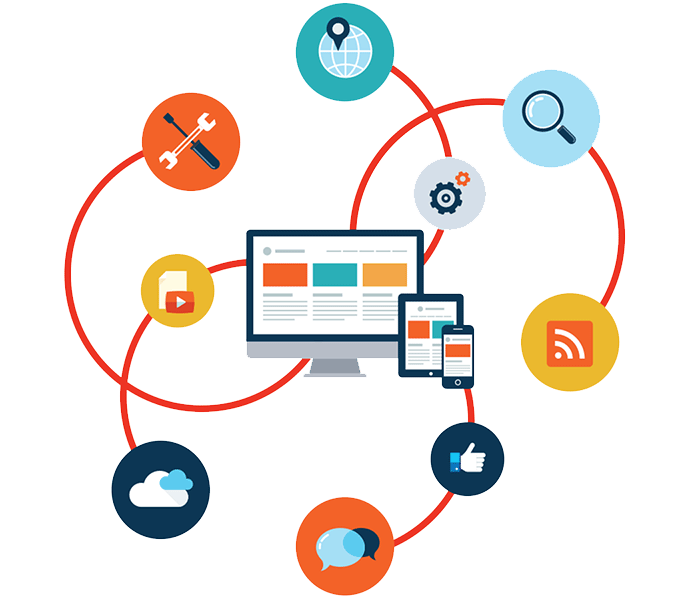The Justice Gap in Canada: A System Under Pressure
Canada’s legal system is facing a growing access-to-justice crisis. Courts are overloaded, legal services are expensive, and many Canadians—especially in Western Canada—are self-representing because they can’t afford a lawyer. In Alberta, self-representation has now surpassed even British Columbia, despite BC’s larger population.
Studies like Everyday Legal Problems and the Cost of Justice in Canada show that nearly 50% of Canadian adults experience a civil or family legal issue within three years, yet many don’t seek legal help due to cost or complexity. While tools like legal coaching, unbundled services, and ADR have emerged, these alternatives remain underutilized due to regulatory constraints.
AI as a Game Changer for Legal Accessibility
The question isn’t whether AI can transform legal work—it already is. The key is how AI can be leveraged to make justice more accessible without compromising ethical standards or professional integrity.
AI tools now automate legal research, document drafting, and case analysis. Case Polaris offers fast and secure access to relevant case law, statutes, and precedents through its Document Upload & Analysis and Case Summarization features.
By reducing manual workloads, firms can offer more affordable legal services—expanding access to underserved populations without sacrificing quality.
2. Supporting Self-Represented Litigants (SRLs)
The rise in SRLs is one of the clearest indicators of the system’s inaccessibility. AI-powered tools are helping to:
- Explain legal jargon in plain language
- Guide users through procedures and court forms
- Recommend mediation or legal services
Case Polaris Interactive AI Conversations enable users to ask questions and receive instant, AI-driven support—bridging the knowledge gap for individuals who would otherwise face the legal system alone.
3. Revolutionizing ADR and Mediation
AI is now integrated into alternative dispute resolution (ADR) processes by:
- Predicting case outcomes
- Analyzing settlement data
- Drafting preliminary agreements
By resolving disputes outside the courtroom, tools like Case Polaris can reduce litigation costs and court backlogs, making justice more efficient.

Ethical Questions and Regulatory Barriers
Despite the benefits of AI in law, restrictive legal frameworks—especially in provinces like Alberta—limit its full adoption. Key concerns include:
- Who is authorized to provide legal services using AI
- How should AI outputs be audited and regulated?
- Could AI systems reinforce bias if trained on flawed data?
It’s widely agreed among legal professionals that AI should not replace human legal judgment, especially in court representation. There is growing demand for clear ethics guidelines, fairness audits, and transparency standards for AI systems in legal use.
AI’s Role in Everyday Legal Practice
Even with limitations, AI is already transforming legal practice in Canada:
Legal Research
With Case Polaris Legal Library, lawyers can search with natural language, retrieve precedents, and summarize key insights—faster and more accurately than ever. Unlike open AI models, Polaris ensures jurisdictionally accurate, verified, and up-to-date legal information.
Contract Review and Due Diligence
Machine learning can now review thousands of legal documents within minutes, flagging compliance issues and risks. Lawyers then interpret the results, making services faster and more reliable.
Litigation Strategy and Predictive Analytics
AI helps law firms analyze case trends, predict judicial behavior, and fine-tune litigation arguments—all of which give clients a strategic advantage.
Business Development and Marketing
AI tools are also transforming business operations. Law firms can now:
- Identify new growth opportunities
- Target specific client segments
- Optimize marketing campaigns
Firms using these tools must still comply with legal advertising rules and data privacy regulations to ensure ethical practice.

Addressing Bias, Hallucinations & Job Displacement
Fighting Bias
AI must be trained on diverse and unbiased legal datasets to avoid reinforcing discrimination, particularly in criminal justice or immigration applications.
Preventing Misinformation
Open-source models can hallucinate and produce inaccurate legal outputs. That’s why tools like Case Polaris, which are closed, verified, and legally vetted, are essential. Lawyer oversight remains crucial when using any AI tool in legal contexts.
Conclusion: AI Is Essential, but Not a Replacement
AI has the potential to democratize access to legal services and improve the efficiency of legal practice in Canada. From supporting SRLs to optimizing legal research and reducing litigation costs, tools like Case Polaris are leading the way in ethical and effective AI integration.
As the legal industry continues to evolve, embracing AI—without compromising professional standards—will be key to bridging Canada’s justice gap.
📚 Source:
Marcus M. Sixta







